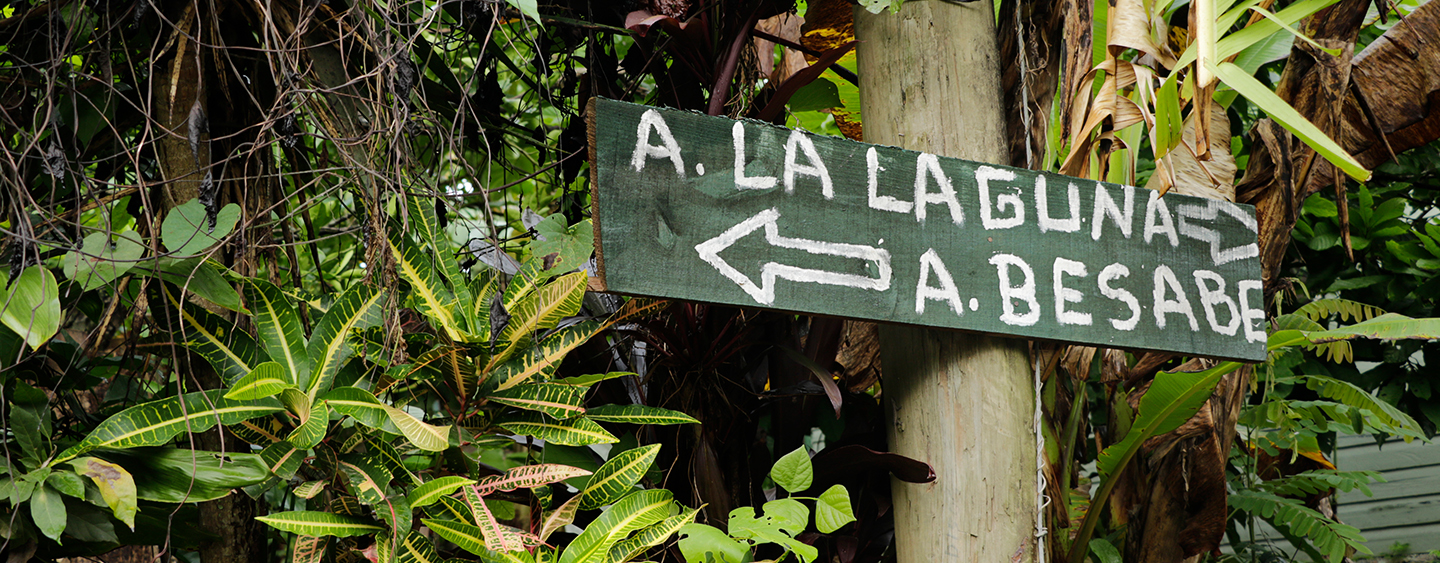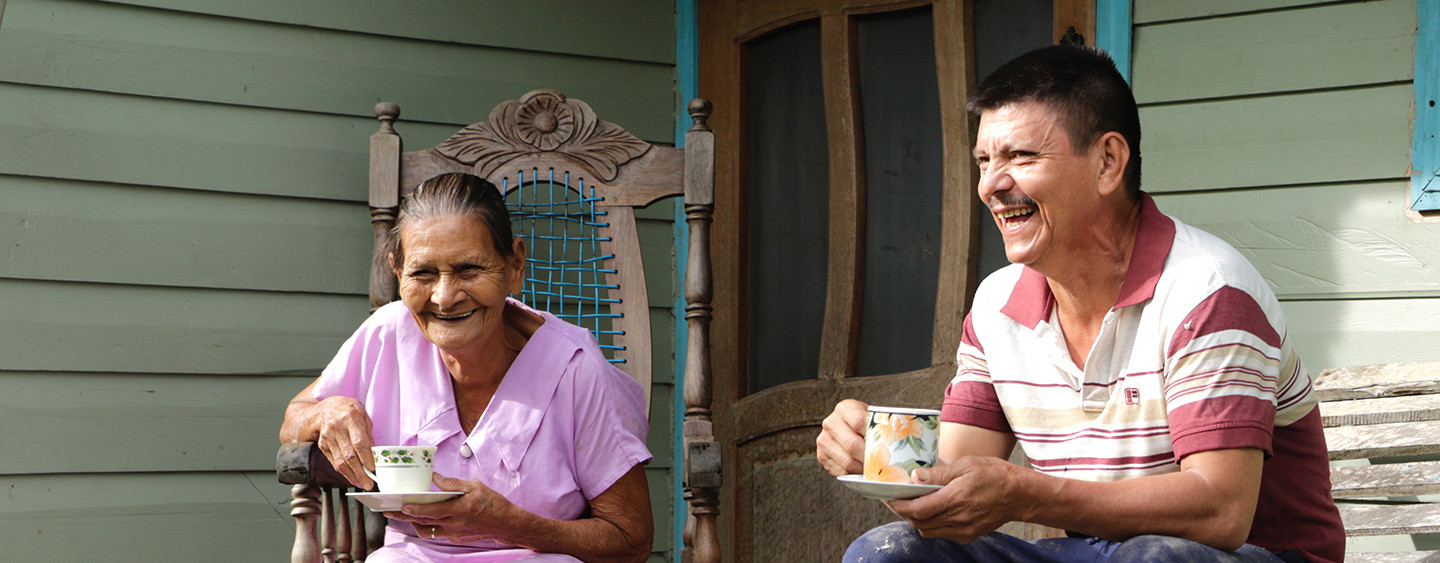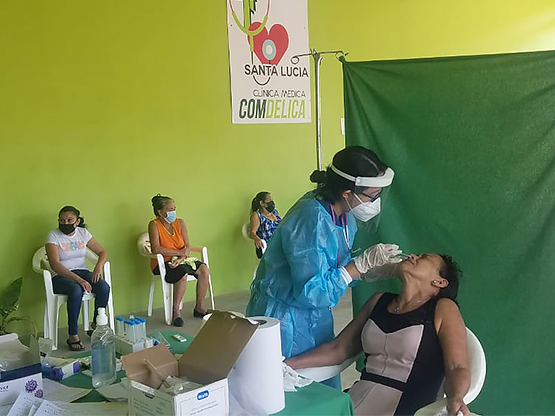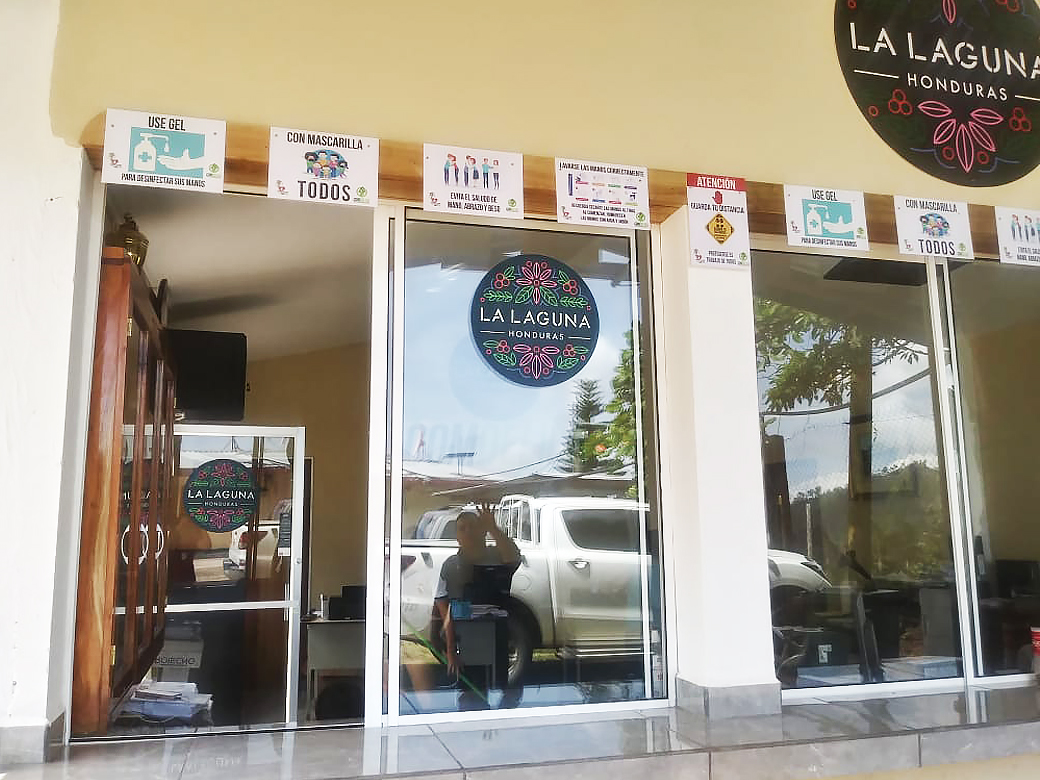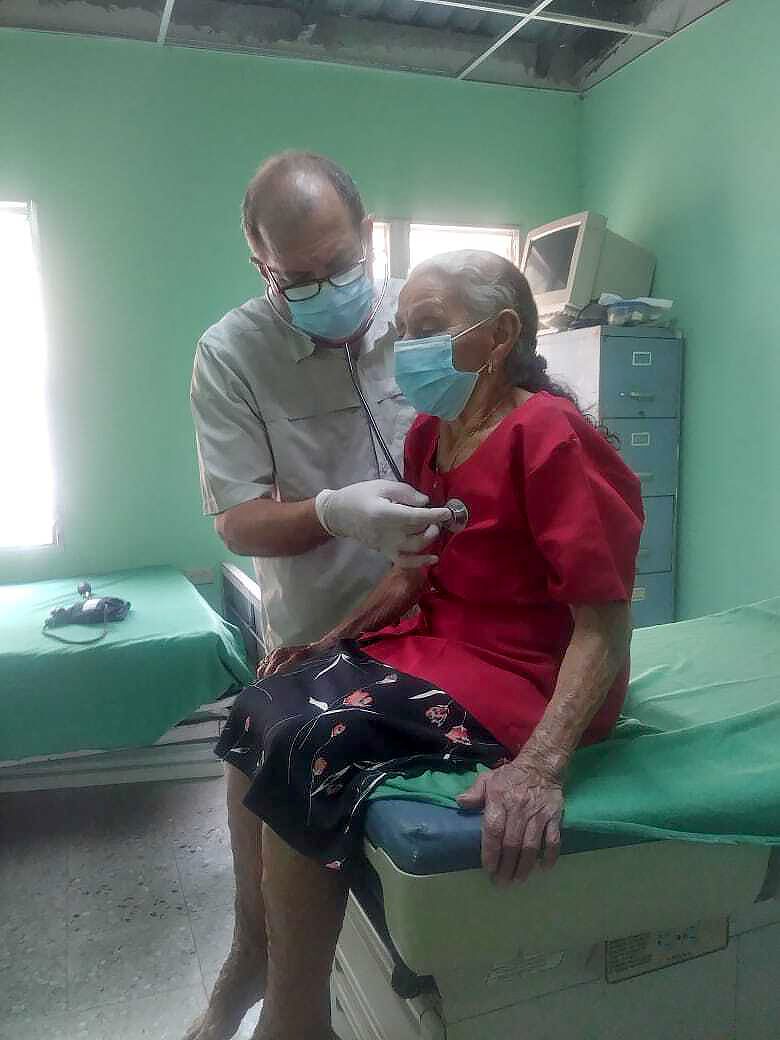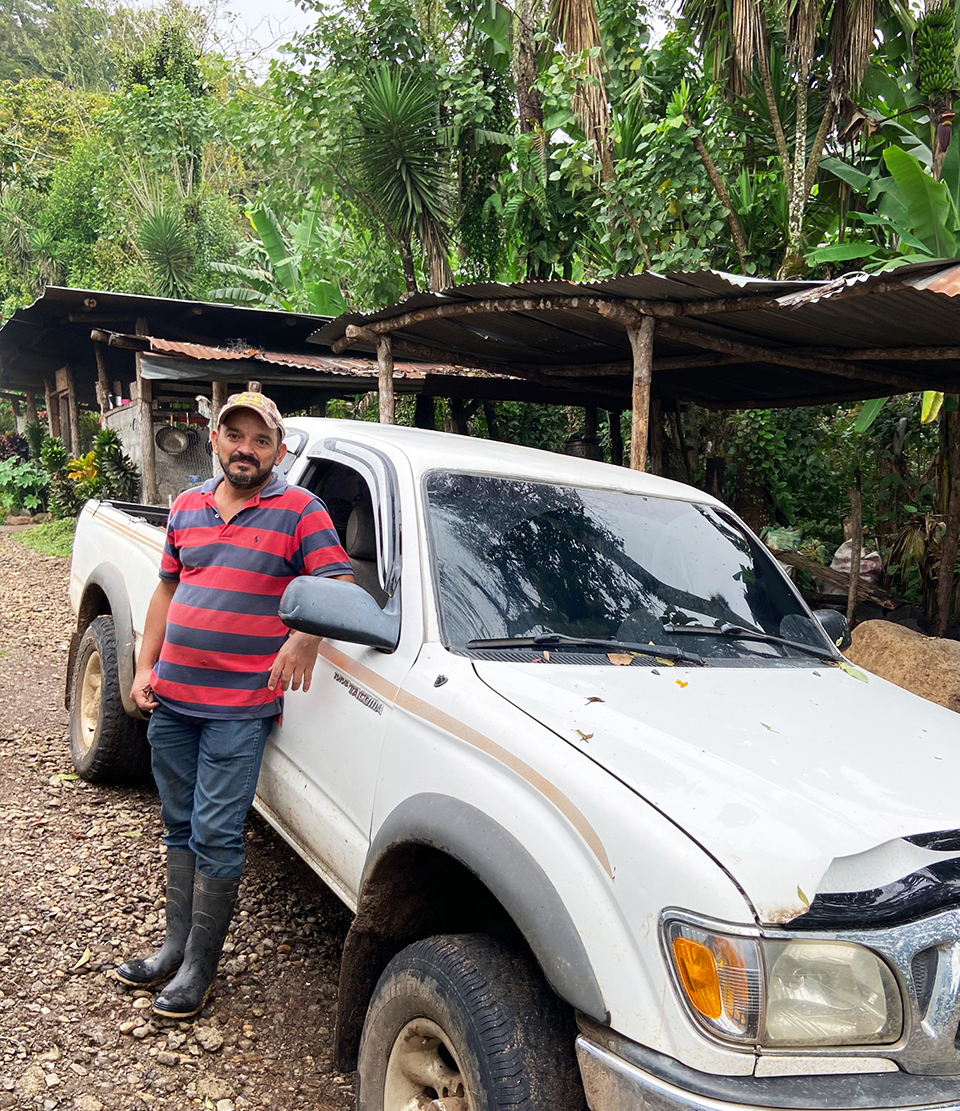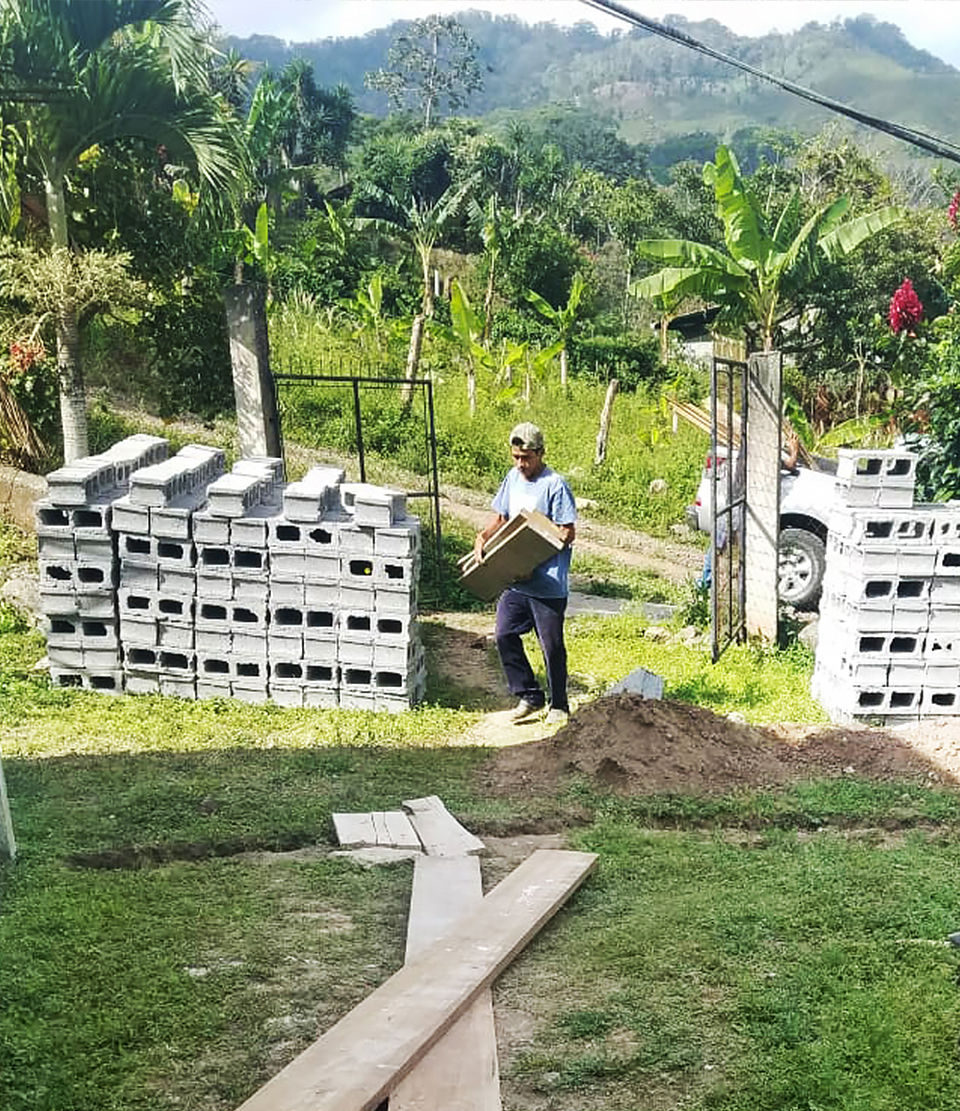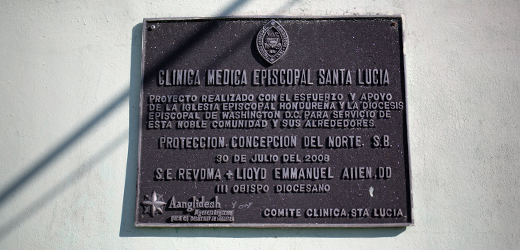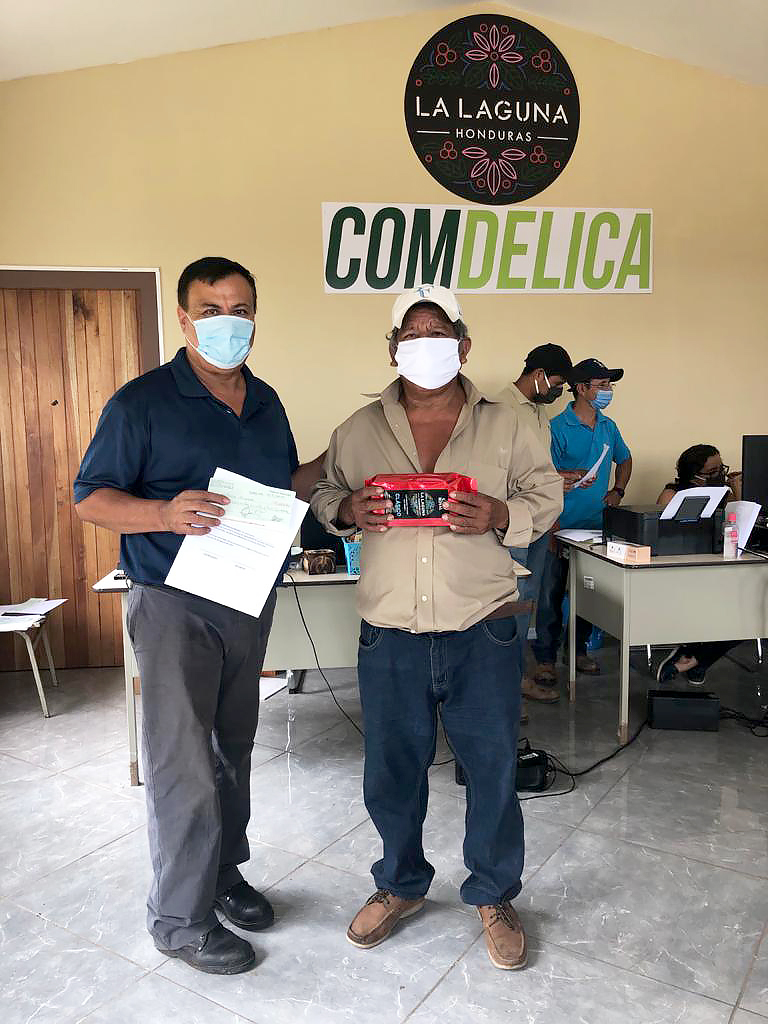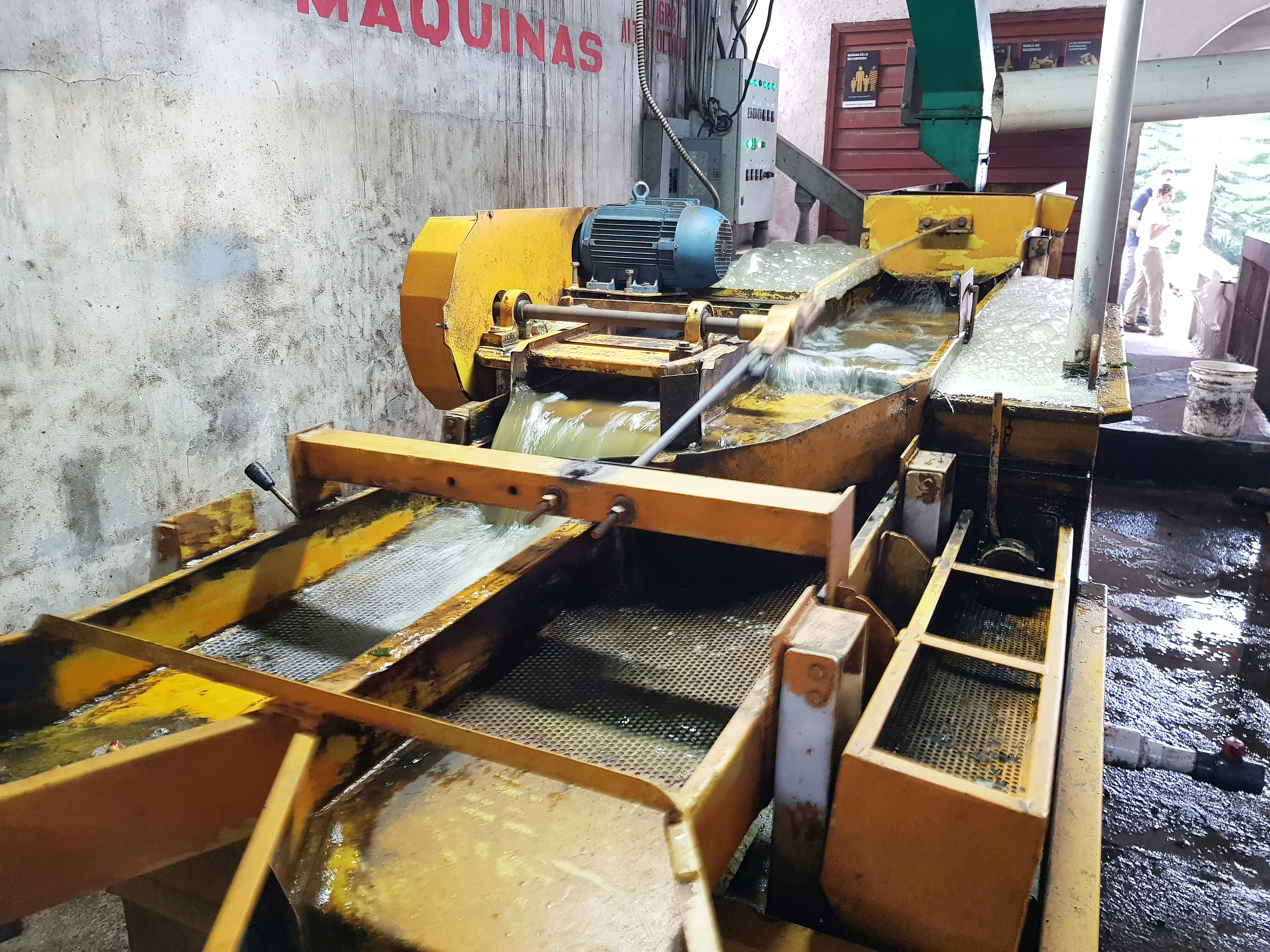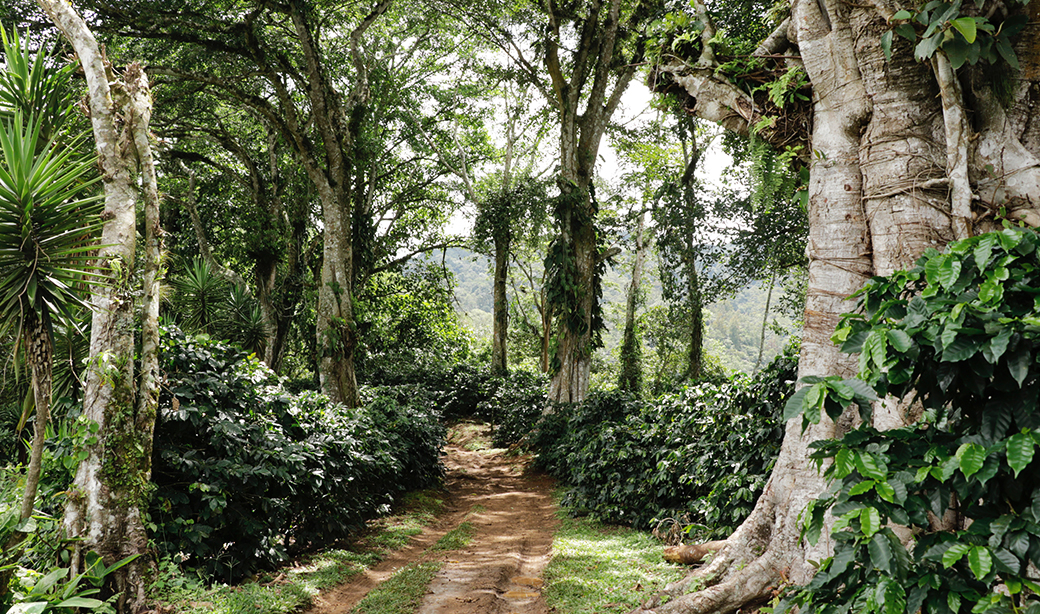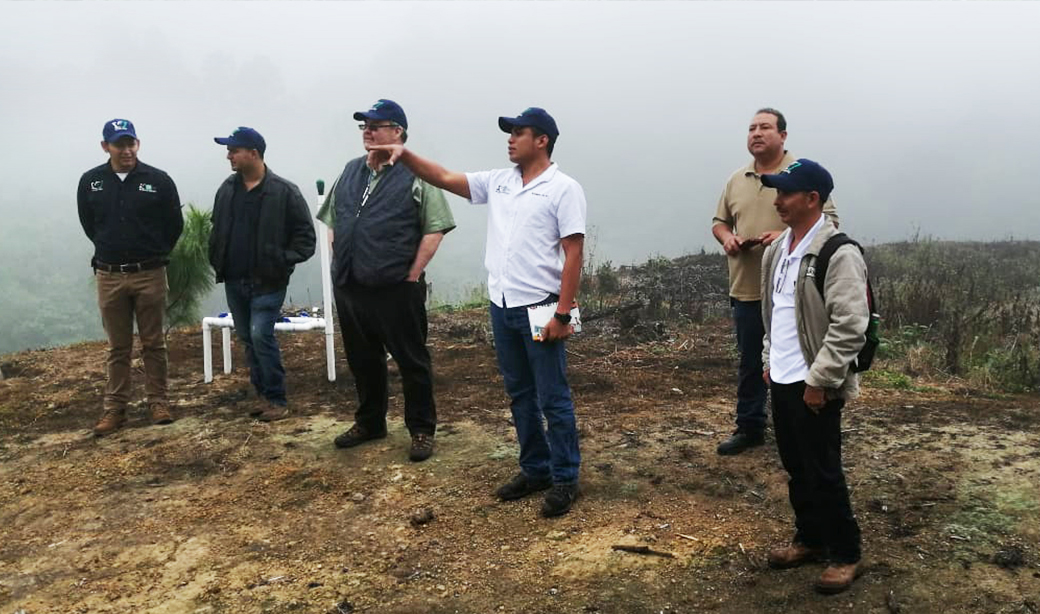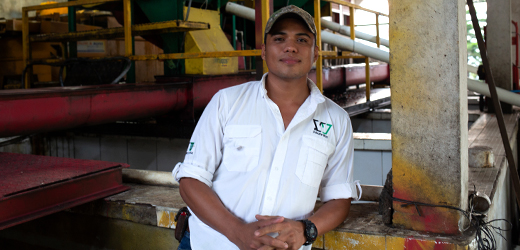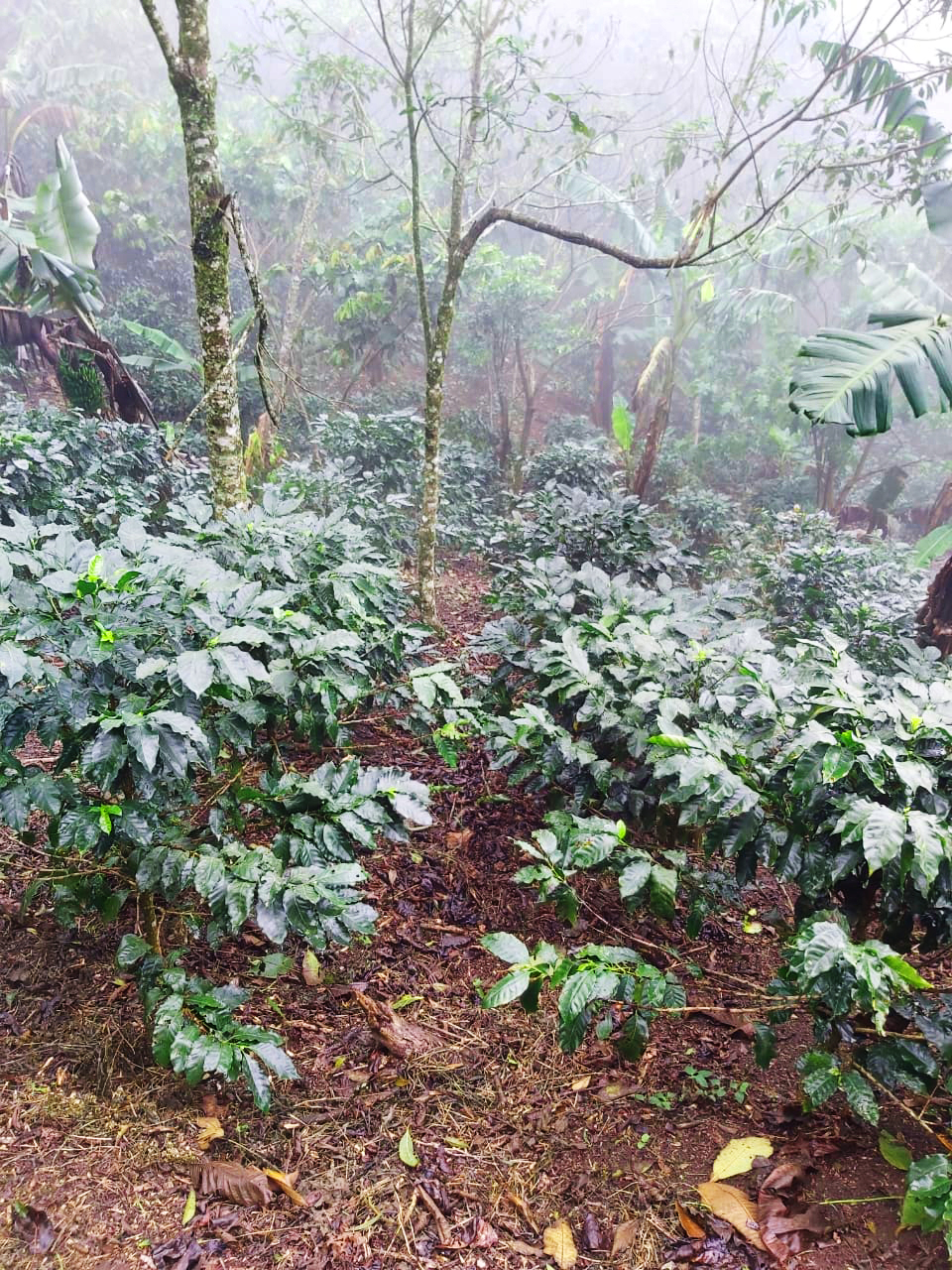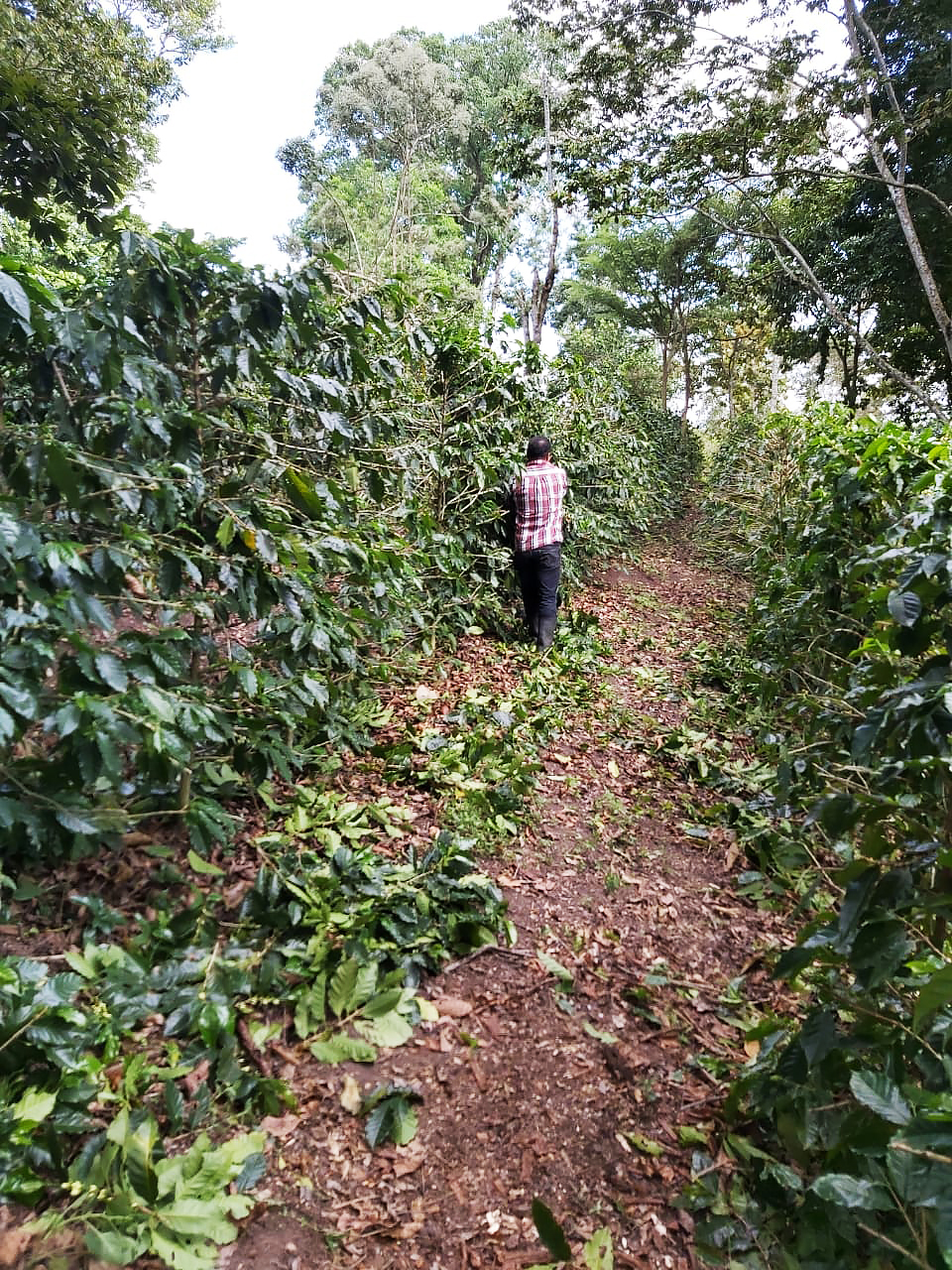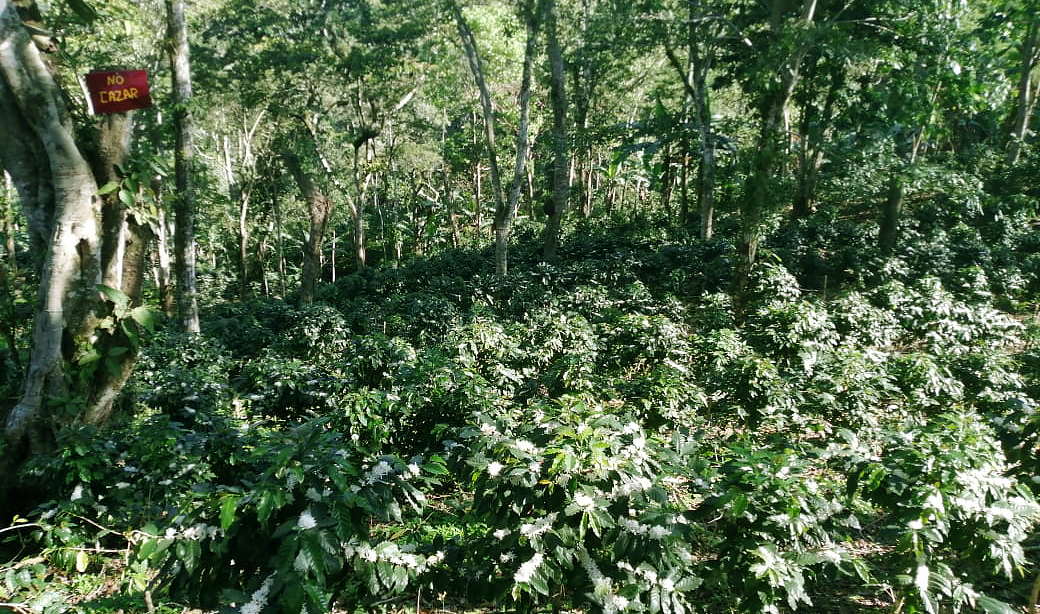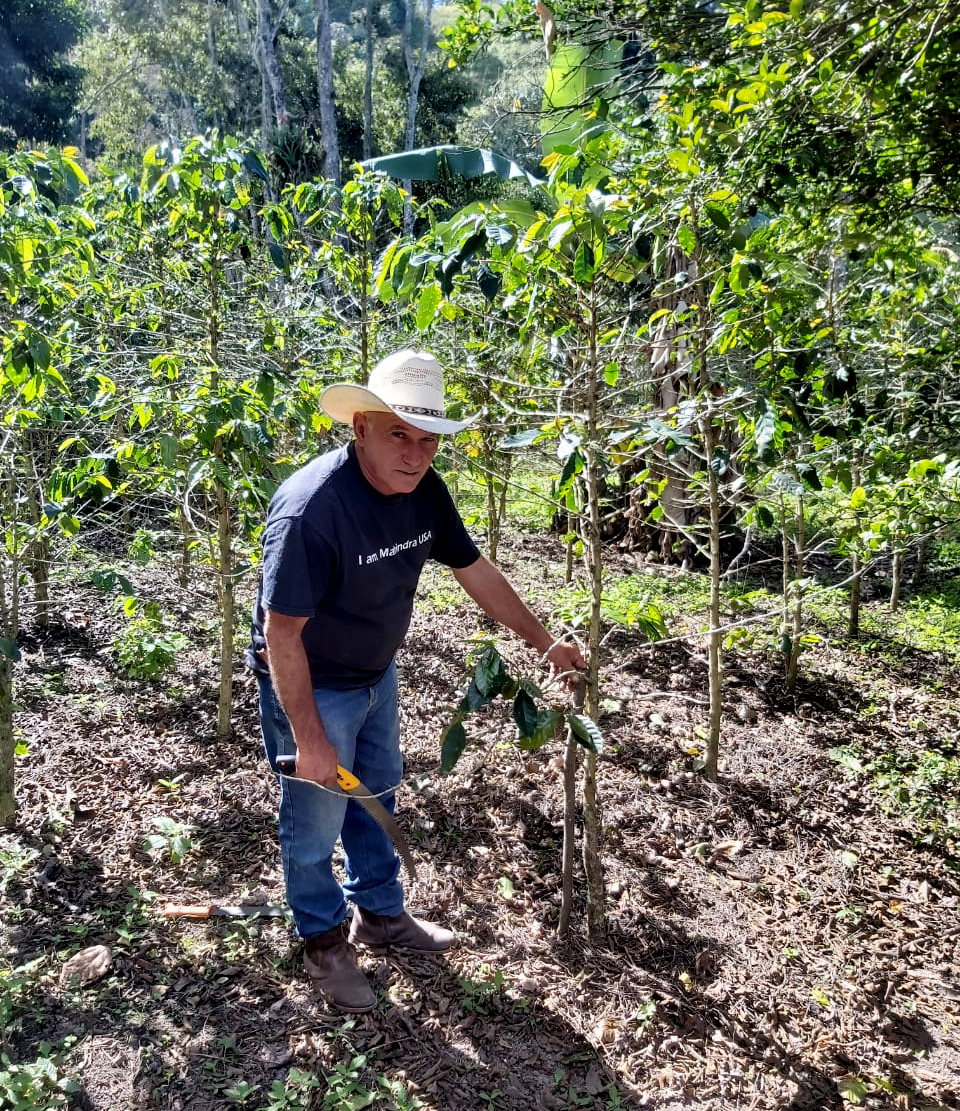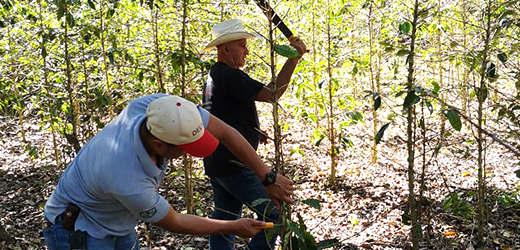Cremesso uses cookies to ensure the best possible service. You consent to the use of cookies by continuing to browse this site. Information on data usage and your right of objection can be found in our privacy policy.
The need
The families that depend on the cultivation of coffee beans live in the region around La Laguna, far away from urban areas. Not everyone in the region has access to medical care, and a visit to the nearest health center often involves a long and arduous journey and long waiting times. What's more, long-term labor shortfalls due to illness and transport-related problems has a direct negative impact on harvests and the revenues of coffee plantations. Therefore, one of the main goals is to reestablish basic healthcare provision and ensure funding for medical staff.
The aid
We are helping reconstruct clinics and the procurement of medicine. We are also guaranteeing that people can get regular health checks and treatment by medical staff. In this, we make sure that patients need only pay a small contribution, while we cover the lion's share of the costs.
The need
In order to process their coffee cherries, farmers used to have to travel long distances, partly on very poorly maintained transport routes, to get to the processing plants in a distant city. This was not only costly, but also extremely time-consuming.
The aid
Thanks to the construction of a beneficio - a local wet-milling facility - the coffee farmers no longer need to travel long distances. In addition, an eco-pulper uses 80% less water for the wet-milling process for the coffee beans. Investing in this professional facility thus also promotes environmental awareness.
The need
Cremesso places great importance on procuring UTZ-certified coffee. The certification promotes socially responsible, environmentally conscious and efficient coffee cultivation and processing. The certification process is complex and not all coffee farmers have been able to fully meet the applicable criteria. Moreover, from 2020 onward, farmers and the coffee they produce are to be certified under the Fairtrade seal. This will enable growers to get a better price for their green coffee.
The aid
Local agronomists - that is, farmers with an academic degree - support and train the smallholders. Model farms set up specifically for this purpose give the coffee farmers hands-on experience and enable them to immediately put their theoretical knowledge into practice. We also support the farmers in setting up a cooperative; an important part of Fairtrade certification.
